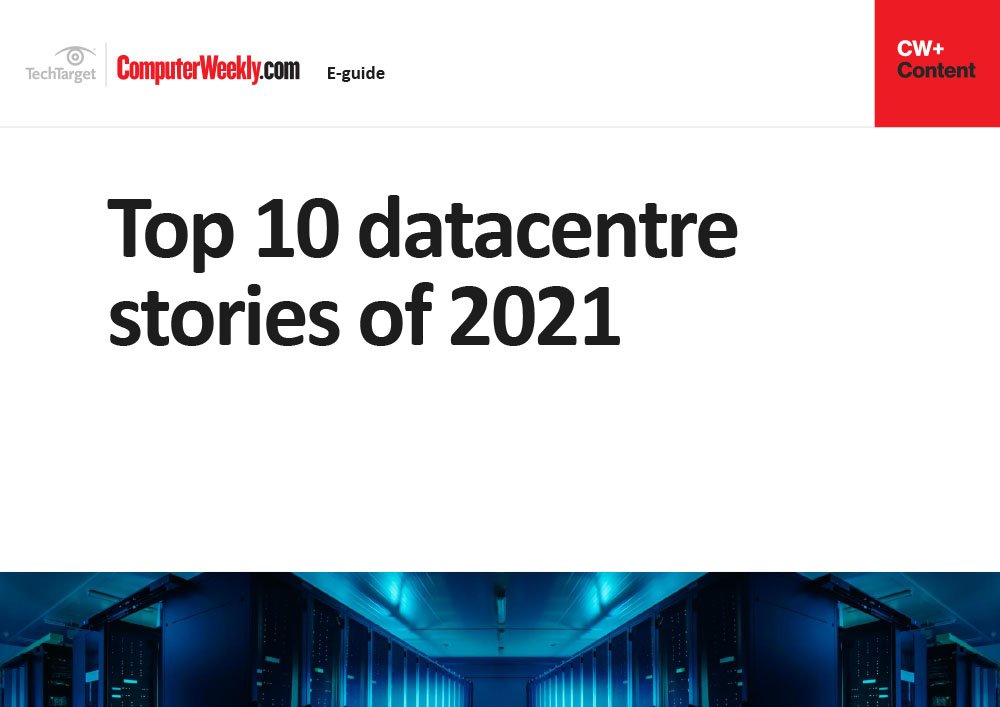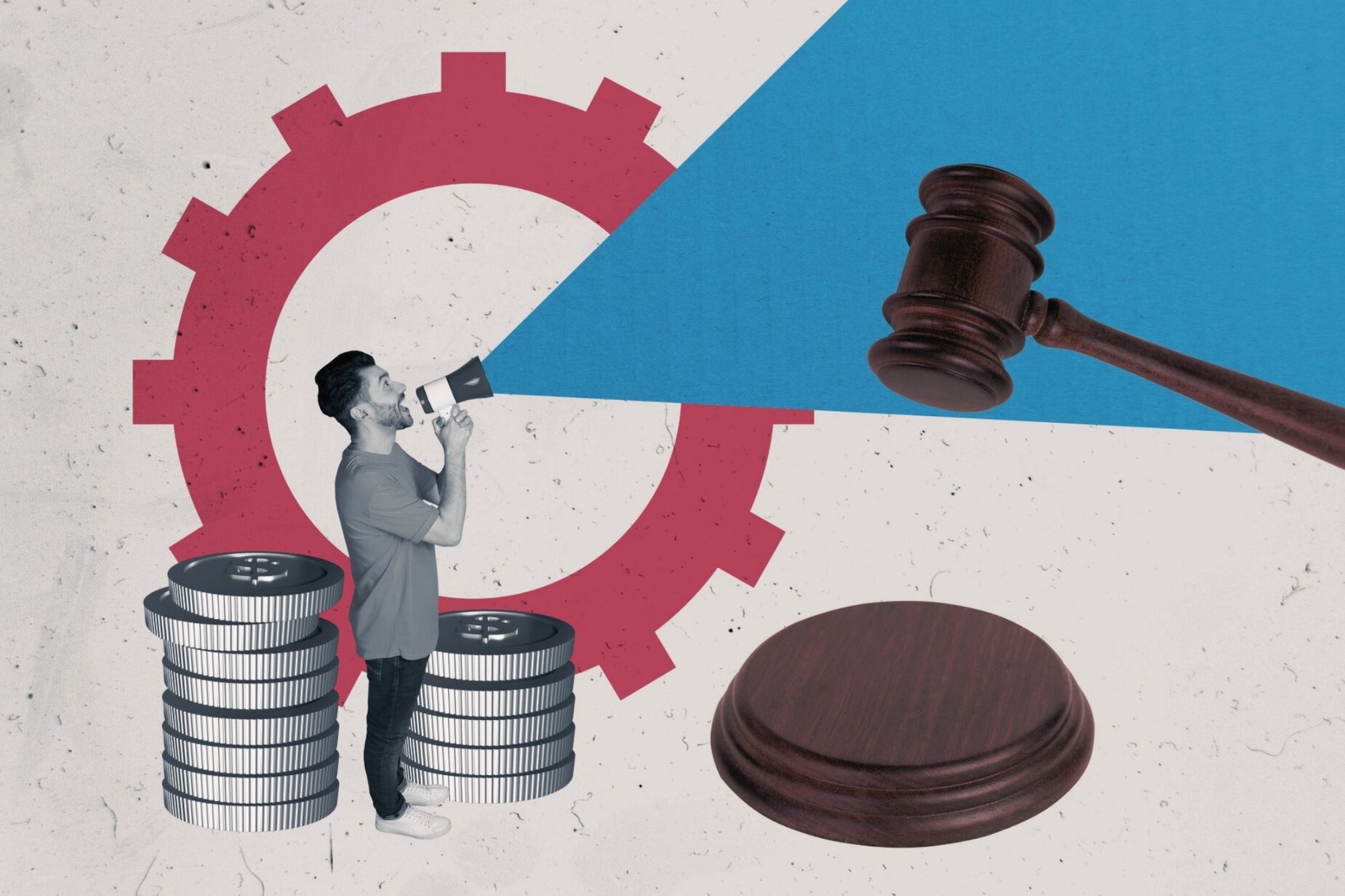For decades, scientists have been tinkering with genes—cutting and pasting bits of DNA into organisms like plants, bacteria, and mice. So, of course, they thought about the possibility that one day someone might use such tools to alter human genes, even human germlines—making changes to people’s DNA that they’d pass on to future generations.
In 2012 these dreams (or nightmares, depending on where you stand) started to get real. With the emergence of Crispr, genetic manipulations were suddenly much easier to make and the tools to make them quick and cheap to obtain. The National Academy of Sciences arranged summits and reports in an attempt to set some boundaries. In 2017 the academy concluded that using Crispr for human genetic enhancement was a hard no. But they stopped short of a full moratorium. What about gene editing to address serious, incurable diseases? Well, that could maybe one day be fine, provided it was proven safe and effective.
But that 2017 report didn’t spell out exactly how one might prove those things. And a year later, into that gray area walked a Chinese researcher named He Jiankui, with claims to have edited the DNA of twin baby girls to make them immune to HIV/AIDS. Scientists who thought they’d established a global understanding that such work would be premature and irresponsible were almost universally appalled. Investigations would reveal the experiment to be riddled with scientific errors and fraught with ethical violations. Jiankui was later fired from his university post, his research activities were suspended, and he is now serving a three-year prison sentence for violating Chinese law.
Still, the revelation that someone had gotten as far as he had sent scientists and policymakers scrambling to lay down some firmer ground rules. China formed a national ethics committee tasked with enforcing the country’s new clinical research guidelines. The World Health Organization assembled a panel to establish global regulatory standards for governments to follow. (Its first order of business was to urge all nations to put a hold on any experiments that would lead to the births of more gene-edited humans until the implications of such work could be more fully examined.) And another National Academies commission was formed. This one was international—with 18 members from 10 nations—and was assigned a less sprawling task: to set clear, explicit, scientific standards for heritable gene editing in humans.
On Thursday, after more than a year of work, the commission finally released its 225-page report—the most comprehensive and highly technical such document to date. It describes in great detail the types and quality of evidence that scientists must provide to show they’ve correctly edited an embryo, before they can attempt to try it out in humans. It is, in essence, a road map for how to safely and responsibly get to clinical trials. But importantly, say the report’s authors, it’s not an endorsement.
“No attempt to establish a pregnancy with a human embryo that has undergone genome editing should proceed unless and until it has been clearly established that it is possible to efficiently and reliably make precise genomic changes without undesired changes in human embryos,” the report states. “These criteria have not yet been met and further research and review would be necessary to meet them.”
In other words: No one should be doing this! At least for now. The science simply isn’t ready.
Take off-target effects. If not carefully controlled for, Crispr and other gene-editing tools can create unexpected mutations, in addition to the changes scientists intend to make. New methods developed in the past few years have made it possible to minimize that collateral damage. But these advances have yet to really be thoroughly tested in embryos, which present unique challenges. Scientists still don’t really understand how embryos repair their DNA when it’s broken—the mechanisms are different from those seen in other kinds of cells in the body or ones that have been cultured in a lab. Recent studies have shown embryo editing in the lab to be dangerously unpredictable, producing major unintended alterations across genomes of developing embryos.
For that reason, the authors of the report lay out exactly how many and what kind of off-target effects might be acceptable. They put that threshold at no more than the average rate of new mutations an embryo spontaneously acquires. DNA replication isn’t perfect, and most people are born with a few dozen mutations that don’t exist in either of their biological parents’ genomes. Gene editing shouldn’t introduce any more genetic variations than occur naturally, the authors concluded, and the types of changes should be carefully studied in the lab to make sure they don’t lead to adverse outcomes.
The trouble is, though, that right now there aren’t any good methods for assessing off-target effects in embryos. Doing so requires collecting large amounts of DNA, which can only be done by sacrificing a number of cells from the embryo for genetic sequencing. In addition to being unreliable, these methods harm the viability of the embryo, making it less likely to result in a pregnancy. It could take years for better methods of evaluation to be developed, says commission member Haoyi Wang, a reproductive biologist at the Institute of Zoology and Institute for Stem Cell and Regeneration at the Chinese Academy of Sciences. “From the genome editing to the genome sequencing of a single embryo, there are still many gaps to be filled,” Wang told reporters at a press briefing Thursday.
The commission was more narrowly focused on addressing these sorts of scientific gaps, while other authorities, like the WHO, will look more broadly at how societies might decide to accept human germline editing and how governments will regulate the technology. Developing ethical frameworks can’t just be about autonomy, privacy, and justice, says commission member Bartha Maria Knoppers, who directs the Centre for Genomics and Policy and serves as the Canada Research Chair in Law and Medicine at McGill University in Montreal. “For me, scientific quality and safety are primordial ethical considerations; they’re not peripheral,” she says. “I think this report reflects the emphasis on getting those aspects right.”
Brightening the lines between good science and bad is especially important for preventing anyone intent on operating outside of established regulatory frameworks from causing undue harm, says Dana Carroll, a commission member and professor of biochemistry at the University of Utah School of Medicine. “These standards have to be so high because actually initiating a pregnancy with an edited embryo is going to lead us into territory we essentially have no experience with,” he says.
Carroll, whose lab pioneered some of the earliest work with older (pre-Crispr) generations of genome editors, was in the audience at a summit in Hong Kong in November 2018, tensely watching as He Jiankui presented data describing his experiments creating the world’s first Crispr’d children. But that data never was never published. And importantly, says Carroll, no follow-up information on the status of the children has ever become public. So while Jiankui opened the door for other researchers to follow, he didn’t leave a lot in the way of better understanding what happens when you stick Crispr inside a human embryo and then stick that embryo inside a human uterus.
“We’ve heard rumblings that people are waiting in the wings, ready to proceed,” says Carroll, referring to other researchers intent on booting up their own Crispr baby experiments. “So we wanted to make sure that when they do, that the standards they need to meet for safety and efficiency and specificity are clear.”
In addition to providing a list of all the kinds of preclinical work that scientists will have to accomplish before moving to human trials, the international commission also made recommendations for who would be eligible to participate in them. After conducting listening sessions with a number of patient and disability advocacy groups, the commission settled on a very narrow set of indications for which it would be deemed ethical—in other words, for the benefits to outweigh the risks—to apply human germline gene editing, at least at first. Should a country decide to move forward with the technology, they wrote, gene editing should only be used to treat serious monogenic diseases—that is, caused by a mutation in a single gene that causes severe morbidity or premature death. Examples include cystic fibrosis, sickle cell anemia, and Tay-Sachs disease.
Further, they stipulated that any such disease-causing mutations can only be replaced by a string of genetic code that is common in healthy people and has no history of negative health outcomes. And, it should only be used when parents who carry a detrimental mutation have no other options for having a biologically-related child who is free of the disease. In practical terms, that could mean just a few dozen families worldwide, Michèle Ramsay, a commissioner and director of the Sydney Brenner Institute of Molecular Bioscience at the University of the Witwatersrand in South Africa, told reporters at the press briefing. “There are no floodgates that are going to be opened with these initial uses that we’ve suggested,” she said.
This recommendation and the larger framework was largely drawn from the one established by the United Kingdom for a different but related reproductive hack called mitochondrial replacement therapy. In this technique, combining genetic material from three people—an egg from one, sperm from another, and mitochondria from a healthy donor—is used to treat a rare form of genetic disease inherited from the DNA found in mitochondria, the cell’s power-producing factories.
Some scientific experts not associated with the commission support these recommendations, especially since many feel that the train of human gene editing for reproductive purposes has irreversibly left the station. “While rogue applications of the technology cannot be stopped, both regulatory oversight and societal consensus can help reduce that threat,” says Fyodor Urnov, a scientific director at UC Berkeley’s Innovative Genomics Institute.
But he thinks the guidelines are onerous enough to discourage well-intentioned actors, along with bad ones. The meticulous decision trees laid out in the report to enumerate the studies required before moving to human trials and define the settings under which heritable editing might be allowed “are a strong reason for any aspiring embryo editors to turn their efforts elsewhere,” says Urnov. In practical terms then, the report is likely to slow the Crispr baby train to a crawl. Which he thinks is just fine. (In 2015, Urnov coauthored a perspective in Nature titled “Don’t Edit the Human Germline,” calling it both technologically premature and medically unnecessary.)
Stanford bioethicist Hank Greely isn’t so sure. While he agrees with most of the commission’s recommendations, he says he does worry that its disclaimers don’t go far enough to keep the report neutral on whether or not human germline editing should ever be allowed. “The large amount of discussion of the pathway may cause casual readers to think it is endorsing its use, if proven safe and effective,” he wrote to WIRED in an email. “I take it at its word that it isn’t and hope other readers will too.” But, for that reason, he is especially glad to see the report call for the establishment of a whistleblowing mechanism—basically a way to make it easier for people to flag unethical experiments to an international body.
In many countries, human germline editing is either explicitly prohibited, as in the United States, or not yet regulated at all. No country has yet decided it would be appropriate to move forward with the technology. That includes Russia, where a scientist named Denis Rebrikov recently sought to edit embryos to treat an inherited form of deafness. (This experiment would not be allowed under the new guidelines for a variety of reasons, not the least of which is that being deaf does not amount to a death sentence.) Rebrikov criticized the report’s criteria, telling Science that it amounts to “a ban on editing the genome of the embryo in principle.”
Committee members told WIRED that they have been having ongoing conversations with the WHO’s expert advisory committee on human genome editing. Today’s report will inform what sorts of governance mechanisms the global health authority will ultimately recommend. That guidance is expected out later this year.
.png)

















